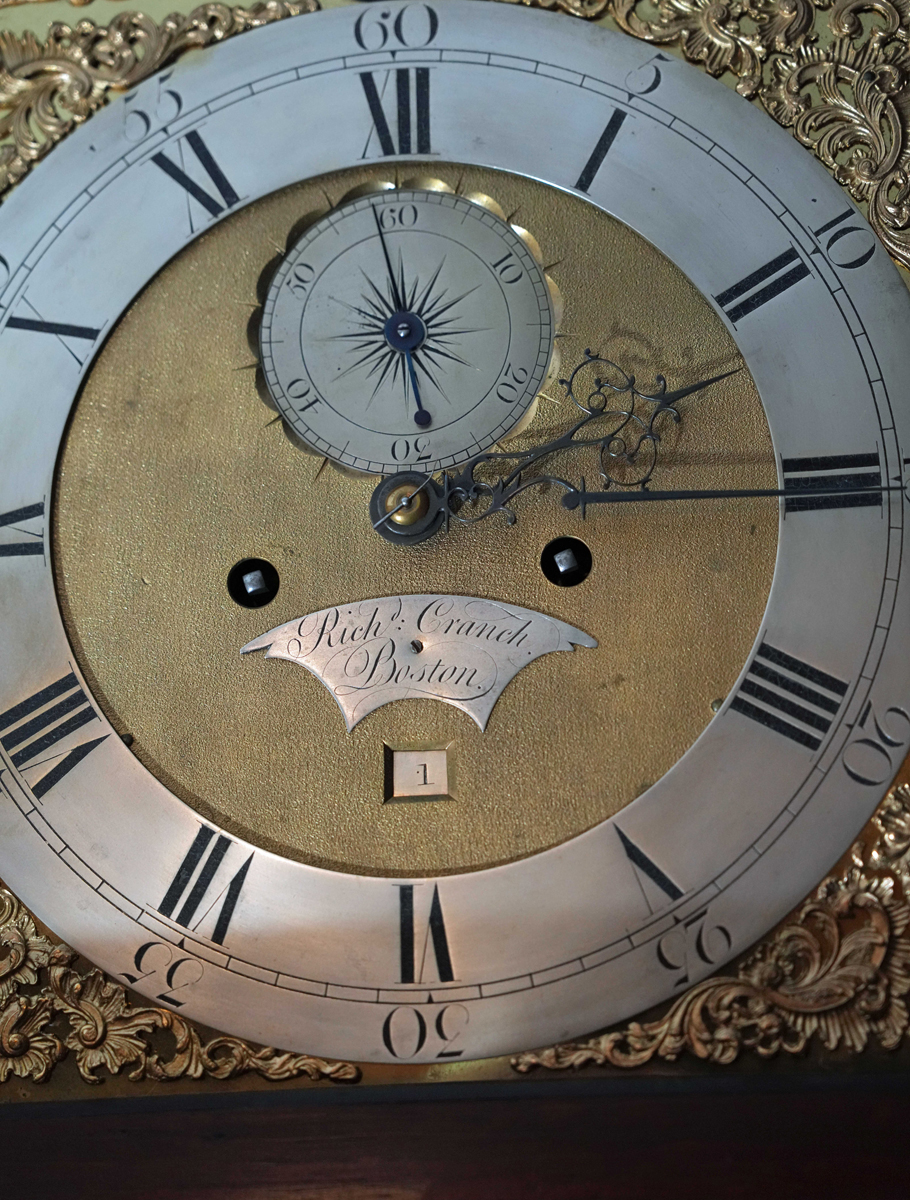Book Review: Eliza Hamilton: The Extraordinary Life and Times of the Wife of Alexander Hamilton by Tilar Mazzeo (Simon and Schuster: 2018).
In this intelligent and insightful biography, Eliza Hamilton: The Extraordinary Life and Times of the Wife of Alexander Hamilton, Tilar Mazzeo makes it nearly impossible for the reader not to fall in love with the admittedly plain-looking, yet endearing, adventurous, and wildly interesting Eliza Schuyler Hamilton. While this work ultimately reads more like a novel than a monograph, it is quite rich in resources. Thoroughly researched and eloquently written, Mazzeo provides readers with the first fully comprehensive account of Eliza Hamilton’s life. Because this work is formatted more in the popular style, scholars may struggle with Mazzeo’s tendency to assert personal interpretations rather than providing details from Eliza’s private materials. Still,in boasting deeply personal accounts of Eliza’s life, Mazzeo’s work possesses a profound sense of intimacy. With this investigation into the experiences of Eliza’s early years in upstate New York, her relationship with her husband, Alexander, and her role as a philanthropist in her years as a widow, readers are afforded a great deal of insight into the thought processes of one of Revolutionary America’s most remarkable women. Accordingly, Mazzeo’s work is critical to the collection of casual history buffs and Hamilton fanatics alike. To say that Eliza Hamilton is difficult to put down would be an enormous understatement, and accordingly, this work has received resounding praise.
From the start ofthis compelling biography, it becomes clear that Eliza Hamilton, or “Betsy” as she was often affectionately called, was atypical of the eighteenth-century elite woman. The second daughter of Continental Army Gen. Philip Schuyler and Catherine “Kitty” Van Rensselaer Schuyler, Eliza came from a family of wealthy Dutch landowners who had settled around Albany, New York in the mid-seventeenth century. Despite the turmoil caused by her father’s service in the French and Indian War, Eliza’s childhood was quite comfortable, or to use her own words, “idyllic.” Much of her life was enriched by experiences that could only be afforded by her wealthy upbringing; however, Eliza spent many of her happiest days simply enjoying the tranquility of the New York wilderness. Identified by her closest friends and relatives as more of a tomboy than the portrait of femininity, Eliza was never overly interested in the happenings of high society. As she grew, she blossomed into a kind, yet stoic and strong pioneer woman, likely as a result of the example provided by her mother.
Unlike her older sister, Angelica, Eliza never appeared to possess the seemingly innate ability to succeed in boarding school, especially in the subjects regarding language arts. Tremendously clever in more practical manners, Eliza found herself longing for life on the frontier that enabled her to explore the outdoors and perform domestic duties such as embroidery. Although there were times when these types of growing pains impacted her relationships with her siblings, the Schuyler family was noted as being “tight-knit” and even “clannish.” As a result, her family played a massive role in her marriage to Alexander Hamilton.
While Alexander and Eliza did not experience an immediate connection upon their first meeting, their emotions would change during a chance encounter two years later, and after learning of Eliza’s affections for one of Gen. George Washington’s leading aides-de-camp, her sister encouraged the two to become better acquainted at a winter ball held in 1780. Likewise, Eliza’s father, Philip, welcomed Alexander into the family. Although the couple initially feared that the general would not be able to look beyond the illegitimacy of Alexander’s birth or his lack of property, the couple’s bond was undeniable. Alexander and Eliza’s relationship would endure its share of ups and downs, including the suffering caused by distance as well the drama of an alleged extramarital affair by Alexander; however, together they managed stay politically active and raise eight children with a similar passion for patriotic vigilance. Following the traumatic death of her husband, Eliza maintained a close bond with her children as she also spent nearly three decades participating in initiatives to provide relief for underprivileged families and orphaned children.
To state it plainly, Eliza Hamilton is no exception to the colloquialism “Behind every great man stands a great woman,” and this is evidenced through Mazzeo’s investigation into the mind and the accomplishments of Eliza as an individual, rather than merely as the wife of a prominent Patriot. This intriguing biography brings to life the multi-faceted personality of an extraordinary historical figure who exemplified the strong-willed frontier woman, the doting sister, the nurturing mother, the compassionate wife, and the generous philanthropist. Unpretentious and authentic, Eliza Hamilton embodied the spirit of virtue that was so widely emphasized in Revolutionary America. Thus, after a read through of Mazzeo’s work, it becomes apparent that, contrary to the title’s oversimplification of her character, Eliza Hamilton was so much more than simply the wife of Alexander.









One thought on “Eliza Hamilton: The Extraordinary Life and Times of the Wife of Alexander Hamilton”
I was very intrigued with the chapter on the Maria Reynolds affair. When I first read the author claiming it may not have happened the way it’s presented, I was doubtful. As a Hamilton fan, I always struggle with that decision in his life and how Eliza must have felt. I thought, there’s no way the author is going to find a way to get him out of this situation. But the way she presents the evidence that there may not have been an affair at all is somewhat convincing. With a little more evidence and corroboration, I may agree with her totally.